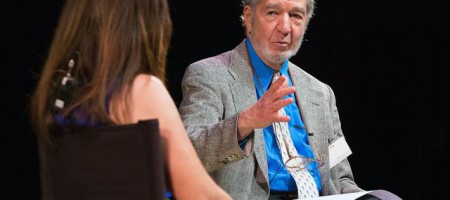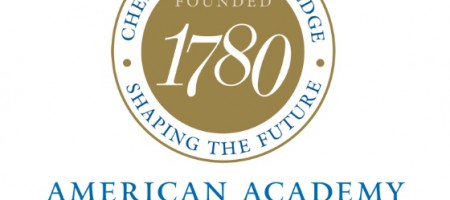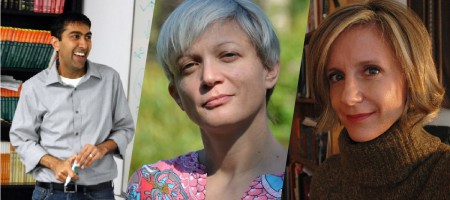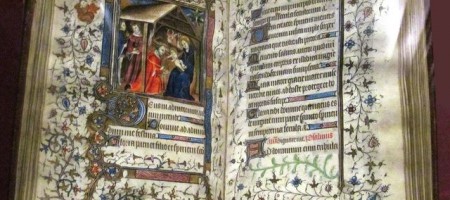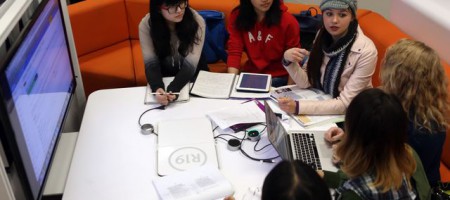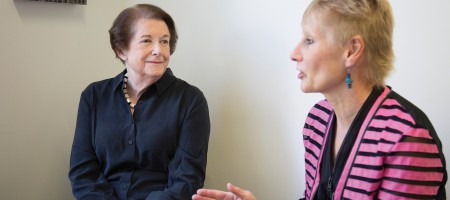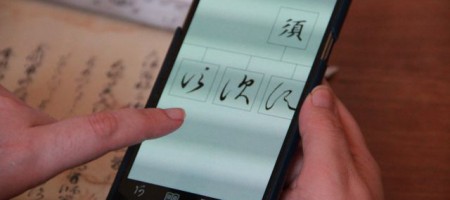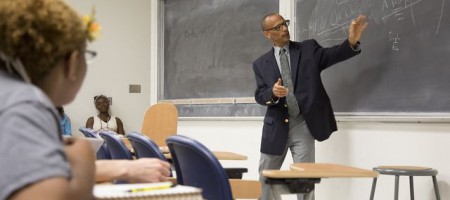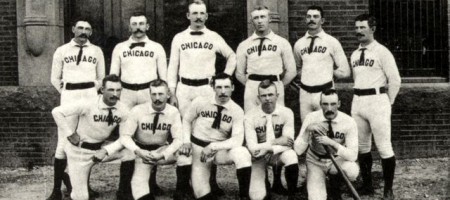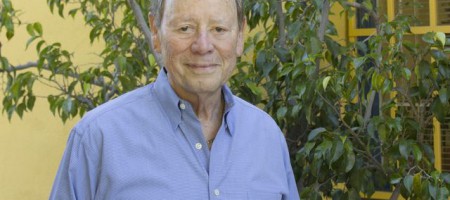Marcia Howard ’54 considers UCLA her second home – no great surprise given that 20 campus committees and organizations have benefited from her leadership, advocacy and philanthropy for more than 60 years. Most recently, she contributed a lead campaign gift of $1 million to establish the Marcia H. Howard Term Chair in Literary Studies – with a preference given to environmental humanities or Shakespeare studies – in the English department. The inaugural holder of the Howard Chair is English professor Ursula K. Heise, who holds a joint appointment in UCLA’s Institute of the Environment and Sustainability.
A retired insurance broker, Howard is a member of the Dean’s Centennial Campaign Steering Committee and past recipient of the Alumni Association’s University Service Award. In addition to the humanities, she has supported many other units and initiatives on campus, and she underwrites an annual faculty recognition event for the Fiat Lux undergraduate seminar program.
But it is her fervent belief in the importance of a humanities education that compelled her to endow a chair in the English department.
“The study of humanities is essential to all aspects of life,” Howard said. “It teaches us to think, reason, write, and explore the meaning of what it is to be human.”
Dean of Humanities David Schaberg said, “We are incredibly fortunate to have in Marcia Howard such a vocal and passionate advocate for the humanities. Her recent gift has highlighted the importance of endowed chairs, which recognize the work of our most distinguished faculty.”
Longtime love of UCLA
A native Angeleno, Howard made frequent childhood visits with her family to UCLA from their home in west Los Angeles. In particular, she recalls building a snowman in the main quad after a rare snowfall. Much later, as an undergraduate, Howard was involved in several campus organizations including the homecoming and junior prom committees. She worked closely with Bill Ackerman, head of Associated Students from 1933 to 1967 and for whom Ackerman Union is named, who used to joke that she “majored in activities.”
Howard studied at the Center for European Studies in Strasbourg, France, during her junior year, igniting a lifelong love of travel and European history and literature. After graduating with a B.A. in history, she resisted her mother’s advice to go into teaching and worked as an activist in Georgia in the budding civil rights movement. Returning to Los Angeles in 1961, she found a job at an insurance company where she not only discovered her vocation but also met her future husband, Herbert, with whom she spent many happy years until he passed away in 2007.
Professor Heise awarded inaugural chair
Howard was gratified to learn that Heise, a renowned scholar in environmental humanities, would be the first to hold the chair. Environmental humanities is an emerging interdisciplinary field that brings together anthropologists, philosophers, geographers, literary scholars, historians, and new media scholars to study the influence of cultures on how we define nature. The field prepares graduates for a variety of careers including museum work, civic engagement, community organizing, nature education, literacy education, advocacy, business, writing, and the arts.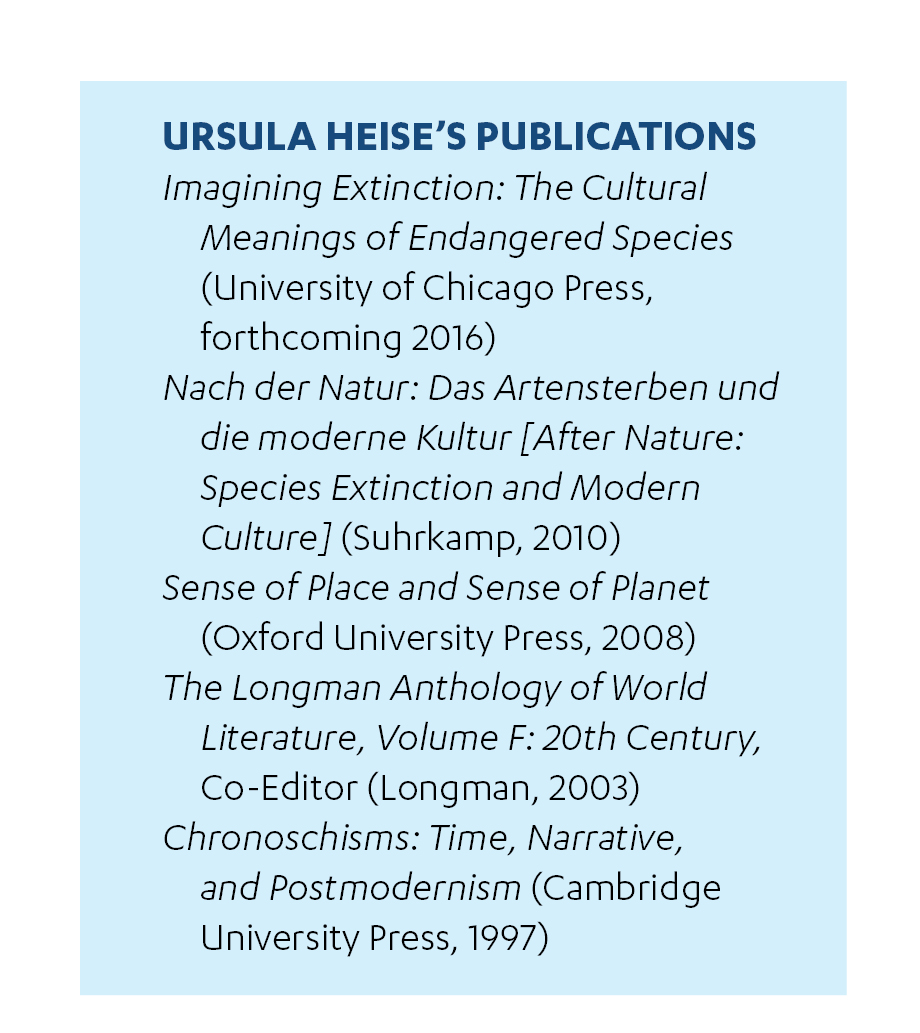
Heise received a Guggenheim Fellowship in 2011 and is past president of the Association for the Study of Literature and the Environment. Her research and teaching focus on contemporary environmental culture, literature and art in the Americas, Western Europe and Japan; theories of modernization and globalization; literature and science; and the digital humanities.
Heise, who currently works on stories and images of endangered species in different countries, said, “You cannot even begin to think about these issues without knowing something about the sciences. In addition, you often have to know about certain social sciences and about the legal, governmental and historical dimensions that frame our concerns with endangered species. But the narratives are crucial: In the end, biodiversity conservation comes down to values, ideas and stories we tell about what animals and plants we want around, and which ones we’d rather do without.”
Bringing literary scholarship to environmental discussions
According to English department chair Ali Behdad, literary scholars have until recently been left out of the debate regarding the environment, a field dominated by scientists.
“I believe that literary scholars like Ursula have a lot to contribute by educating citizens to make better decisions in an era of rapid environmental and social changes,” Behdad said. “We are grateful to Marcia Howard for helping us to increase the visibility and impact of this important field.”
Since joining the faculty in 2012, Heise has helped UCLA become a leader in the field, capitalizing on its location in a city marked by dense and diverse populations as well as an impressive mix of environments, from a thriving metropolitan region to ocean and desert landscapes and mountain ranges.
“Marcia’s gift is very forward-looking,” Heise said. “I so appreciate her belief in my work, which I hope will help people better understand and appreciate biodiversity and the stories we tell about endangered species.”
For her part, Howard is convinced that faculty like Heise are vital to educating well-informed citizens of the future, and she feels privileged to have been able to make an impact.
Howard’s philosophy is very simple. She said, “By making a gift, you receive a gift, and UCLA has certainly been a great gift to me.”
For more information about supporting the Humanities at UCLA, please contact Sarah Murphy at (310) 794-9005 or smurphy@support.ucla.edu.


